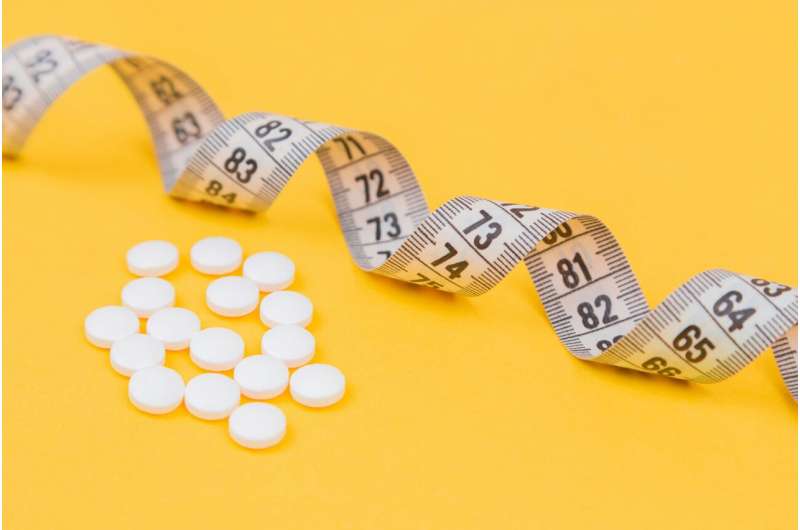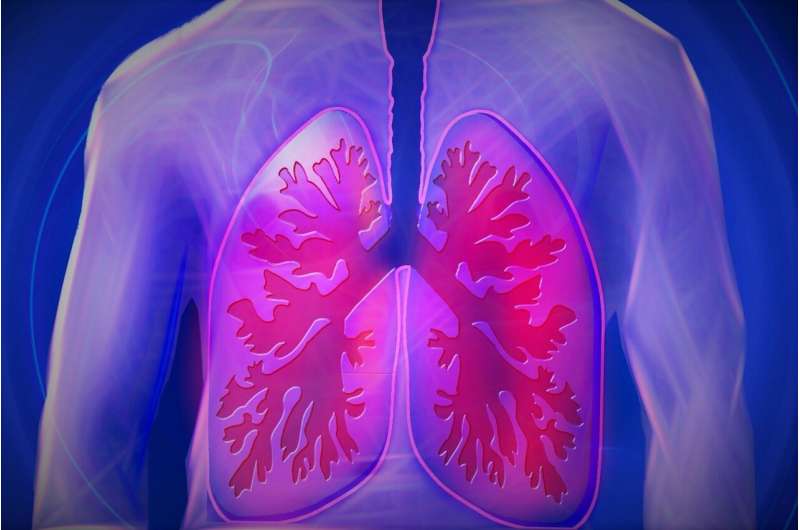Study Reveals How COVID-19 Reprograms White Blood Cells to Suppress the Immune Response

New research reveals how SARS-CoV-2 reprograms neutrophils into immune-suppressing cells, contributing to severe COVID-19 by weakening the body's defense mechanisms. Learn about potential therapeutic targets.
Recent research from Johns Hopkins Medicine, the Johns Hopkins Bloomberg School of Public Health, and the Whiting School of Engineering has uncovered a novel mechanism by which SARS-CoV-2, the virus responsible for COVID-19, interferes with the immune system. The study shows that neutrophils, which are the most abundant white blood cells in humans and typically play a crucial role in fighting infections, can be manipulated by the virus to transform into cells that suppress immune responses instead.
This transformation involves neutrophils releasing their granular contents and differentiating into a cell type known as polymorphonuclear myeloid-derived suppressor cells (PMN-MDSCs). These PMN-MDSCs are known for their ability to inhibit the activity of T lymphocytes, which are vital for clearing viral infections. The researchers found that in severe COVID-19 cases, neutrophils not only degranulate but also exhibit increased expression of markers like LOX-1 and PD-L1, which are associated with immune suppression.
Laboratory experiments demonstrated that exposure of neutrophils to SARS-CoV-2 prompts their differentiation into PMN-MDSCs, capable of limiting T-cell proliferation and cytokine release. Interestingly, this reprogramming appears specific to SARS-CoV-2, as similar effects were not observed with H1N1 influenza, indicating that not all viruses induce such changes.
Understanding this immune suppression mechanism could explain why severe COVID-19 cases involve a compromised immune response and exaggerated inflammation. The study also explores potential therapeutic strategies; for instance, blocking PD-L1 with antibodies could reduce T-cell suppression and enhance immune function, offering a promising approach for treating severe COVID-19.
Overall, these findings suggest that SARS-CoV-2 has the ability to directly impair immune defenses by converting neutrophils into immune suppressors, potentially contributing to disease severity. Further research into these processes may lead to new therapies aimed at preventing neutrophil reprogramming and bolstering immune responses against COVID-19.
Source: https://medicalxpress.com/news/2025-05-covid-virus-reprograms-infection-fighters.html
Stay Updated with Mia's Feed
Get the latest health & wellness insights delivered straight to your inbox.
Related Articles
Innovative Artificial Biosensor Enhances Measurement of Cortisol, the Body's Principal Stress Hormone
A groundbreaking artificial biosensor developed by UC Santa Cruz scientists offers highly sensitive, portable, and cost-effective cortisol measurement through smartphone-based diagnostics, enhancing stress hormone monitoring both at home and in clinics.
Understanding the New Wave of Blockbuster Weight-Loss Medications
Discover how new weight-loss medications like Ozempic and Wegovy are transforming obesity treatment, offering effective results and unique challenges amid ongoing research and development.
Blood-based Biomarkers Offer New Hope for Personalized Immunotherapy in Limited-Stage Small Cell Lung Cancer
Recent studies suggest that monitoring circulating tumor DNA can help personalize immunotherapy in limited-stage small cell lung cancer, improving survival and treatment outcomes.
Major Update Incorporates Optic Nerve in Multiple Sclerosis Diagnostic Criteria
A major revision to multiple sclerosis diagnostic criteria now includes the optic nerve as a key site for lesion dissemination, enhancing early and accurate diagnosis using advanced imaging and biomarkers.



